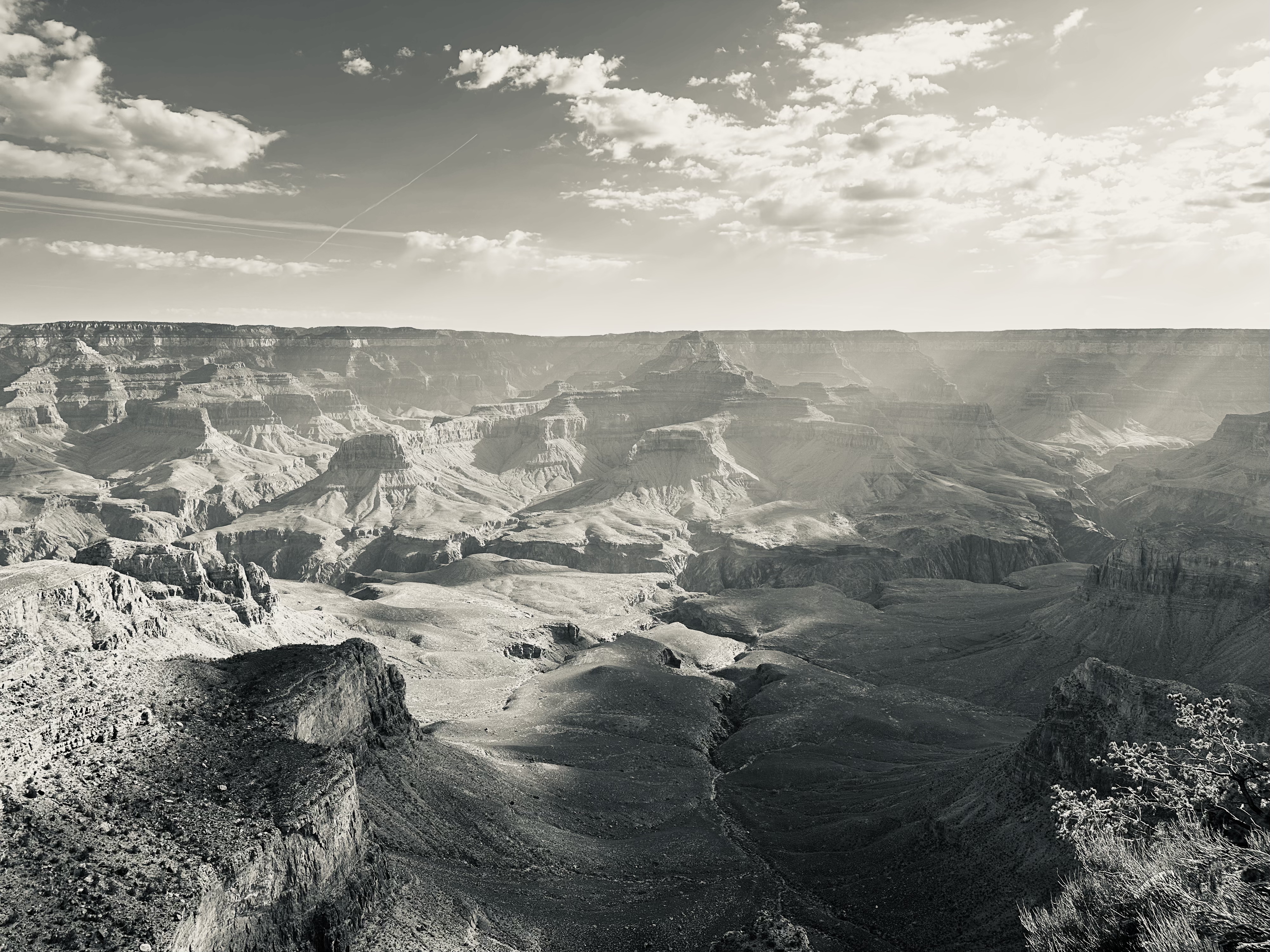On grief, impermanence, and feeling pretty okay.

In A Grief Observed, C.S. Lewis explains that part of the pain of losing a loved one comes from the slow, inevitable process of forgetting who they were. After losing his wife, “H,” to cancer, he writes: “Already, less than a month after her death, I can feel the slow, insidious beginning of a process that will make the H I think of into a more and more imaginary woman. […] The reality is no longer there to check me, to pull me up short, as the real H so often did, so unexpectedly, by being so thoroughly herself and not me.”
Last year my dad passed and Lewis’ words are easy to relate to. Memories that match the version of him I hold onto tend to deepen, while those that don’t gradually fade, easily dismissed because they’re not “who he was.” I see this happening with everyone who knew him. Those who disliked him before dislike him even more now, and those who loved him adore him more deeply than ever before.
But what do I even mean by “who he was”? He is no longer here, so as far as day-to-day experience goes, “who he was” is just a thought. Sure, it’s a powerful thought—he was a memorable man after all— but still a thought. And in his absence, this thought becomes the standard by which every other thought about him is measured. Unfortunately, thoughts aren’t static, and thoughts aren’t a person. And as this thought changes, my memory moves further from the truth, like a river carving a canyon, until it seems like the canyon was always there.

Part of me wishes I had more of his writing, pictures, voice notes, or even clothing. Another part knows these things will never be enough. The completeness of his being—really anyone’s being—will never be captured by objects. It’s like trying to capture the beauty of a flowing river by filling up a bucket with its water.
It occurs to me that the grief accompanying our imperfect memory isn’t limited to the deaths of loved ones, but it also applies to all experience. To fully experience a moment is to bask in the infinite richness of its “is-ness,” the way it shimmers with so much meaning we tend to look away in overwhelm. Experiencing a moment also means grieving its inevitable passing. Even realizing a moment is happening means it’s already gone. And it will always be this way. Fully living means being born into infinite moments, and dying just as many deaths as each moment slips away.
And when I say one is “born” and “dies” in each experience, I mean it quite literally. The thing you call “you,” is also a moment, and like all moments it too will change.
This scares me because it leaves no space for the thought I like to call “me.” In fact, it scares me so much I often find myself holding on to even the most negative thoughts, just to hold onto something resembling a personality. But what seems like a lifeline to security and understanding actually gives me rope burn the harder I hold onto it.1
Yet scary isn’t necessarily bad. When I let go of the wrinkles in spacetime I label as “me” or emotions like happiness, anger, or grief, I feel pretty okay. This personality-less flow is only painful and scary when I identify with ideas of who I am, who others say I am, or who I wish to be. But the thought of “me” is not me. And without these thoughts, what’s left is actually a pretty pleasant experience.
This experience of constant change—and its accompanying grief—seems fundamental to everything. A common Zen saying, “everything is connected,” used to set off my woo-woo radar. However, I find that sitting with this constant change, this universal grief of sorts, is a reliable way of experiencing this connectedness. For as long as the world has existed, as long as humans have been conscious, and as long as time has flowed, we have shared this constant change. The river flowing through you also flowed through your ancestors, every living being, and every atom. In this sense, everything truly is connected.
Footnotes
-
Of course one could point my logic back at me and ask: well, “who” is this experience scary “to”? But alas, I am not a Buddha yet, and old grasping habits still have me identifying with this fear. ↩